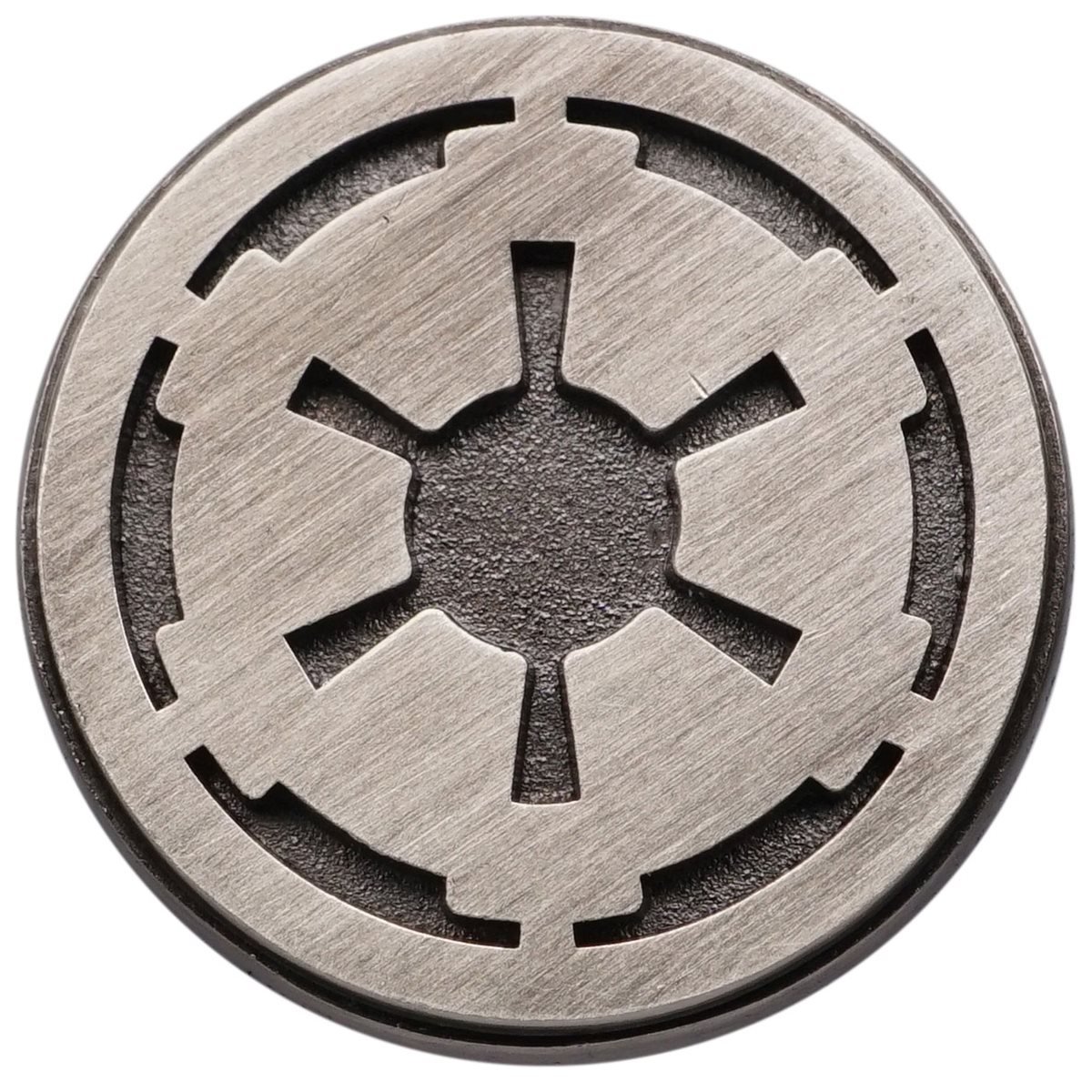Cat: So, we’re making a setting for a slightly home-brewed Pathfinder 1e campaign. We want guns in the campaign, but the official firearms rules are irksome.
Cat: Anyway, as one of the changes we’ve made, we’ve switched propellants to a technically magical explosive called Force Powder. Force powder is smokeless, does not foul the workings of a gun, operates just fine in water, and can only be set off with a sharp percussive force; examples include smashing it against a metal surface with a hammer, or an explosive shockwave.
Cat; Among other things, we’ve figured that this will probably make rifled firearms a fair bit more popular early on than in real life; one of the big reasons they weren’t widely adopted for military use is because all the smoke quickly nullified their range and accuracy advantages. It also means that matchlocks, wheel locks, and flint locks basically don’t exist, with only percussive ignition being feasible.
Cat: So, are there any other things we should be aware of?
Lucifer: We’re uncertain of the effects on breech-loading firearm adoption. It seems like it should help?
Percussive force setting off the powder is going to open up roleplay possiblity. A few thoughts on this:
- Does smacking someone’s gun with a stick cause all the rounds to go off?
- What happens if you fumble the rounds and they hit a rock on the ground?
- How is ammo transported?
For other ideas of the problems this would cause look up dynamite from ye olden times. It was known to be unstable if it was “sweating”. Leading to accidental explosion from being handled
Some quick thoughts, which may or may not be helpful from a gameplay perspective but should be considered from a world perspective:
- Rifling vs. Smoothbore:
The popularity of rifling is only indirectly a result of smokeless powder (or your “force powder” analogy). What smokeless powder really permitted was for reliable and effective metal cartridges to be created. Prior to this, most rifles were muzzle loaded, and you had to physically screw the projectile down the barrel - a laborious and time-consuming task, and what made them actually unpopular for military use. (In-game, this might be represented by rifles having to take an extra turn to reload, but having additional range or a bonus modifier to hit.)
Making an effective breechloading rifle is highly dependent on also being able to reliably produce a metal cartridge that will always fit in the breech, reliably fire, and the bullet fit the rifling no matter where the cartridge or bullet were made. This implies certain metalworking and machining techniques which may have an impact on your world.
- Other things to be aware of.
One thing I don’t see mentioned is the primer. In a metal cartridge, the propellant isn’t itself detonated by the hammer, but a more-reactive material called the primer is. By definition, the primer is unstable enough that it is unsuitable as a propellant; likewise, the propellant is stable enough that it is unsuitable as a primer. (In weapons prior to modern all-in-one cartridges, the primer sat in a small metal cap which was fitted over a nipple that lead into the firing chamber of the gun; the cap would be replaced after each shot.)
Assuming it’s a close analogy of smokeless powder, Force Powder might not be a great primer. That said, your world may have invented the means to produce a viable chemical primer, such as mercury or silver fulminate, which will detonate a main propellant charge of Force Powder.
What happens when someone casts Dispel Magic on the Force Powder? When a character in possession of Force Powder-based ammunition is struck by sonic damage, is that enough to set it off? I like the idea of an errant summertime thunderstorm turning the tide of an entire war.
Lucifer: The specific container of Force Powder is ruined, though any other powder on your person is fine. It also won’t ignite in an Antimagic Field.
Lucifer: As for sonic damage… we honestly hadn’t thought about that? But it doesn’t seem like that should cause an explosion.
What about thunderstones?
I’m hung up on the “sharp percussive force” which my brain translated into “a loud bang.” By saying that, you’re removing friction from the reaction. Your powder is extremely less stable than black powder.
Maybe that would mean your firearms are more like RPGs than rifles because the precaution went from “don’t light it on fire” to “insulate it from sound.”
Lucifer: we explained that part badly. What we meant is that you have to physically crush it (and quickly too) to set it off.
obligatory not a firearms expert. but assuming that Force Powder is roughly comparable to modern smokeless powder, the biggest thing I’m noticing is that smokeless powder – by getting rid of the inefficiencies of black powder – is powerful enough to blow up your traditional firearm. Now if it’s magic you can possibly adjust the strength of Force Powder to not have this issue, but as manufacturing techniques improve you might end up with different weapon ratings to deal with different strengths of Force Powder. So for example a cast iron cannon with 2 inch thick walls might be able to use a “grade A” Force Powder while a simple wooden musket might only be able to handle a “grade D” Force Powder. (could also be a mechanic for +1 weapons and such)
As an aside, im not familiar with the Pathfinder firearm mechanics but some of the problems with traditional firearms were the guns themselves. so replacing just the black powder isn’t necessarily going to fix y’all’s problems
Cat: You don’t need to worry about the game mechanics side of things; the official rules firearms are just badly statted.
Lucifer: The point about needing to make the gun barrels stronger is definitely interesting, though.
I would suggest thinking of ways that your setting might try to control these weapons. Imagine being a high-level magic user in charge of security - what could you do to create safe zones? Could you work out a spell to passively transmute force powder into an inert substance? Could you cause magazines and powder stores to ignite from afar?
Further down the line, how would people try to get around these countermeasures? It’s always fun to run a mile or two on the measures-countermeasures treadmill and see where it takes you.




